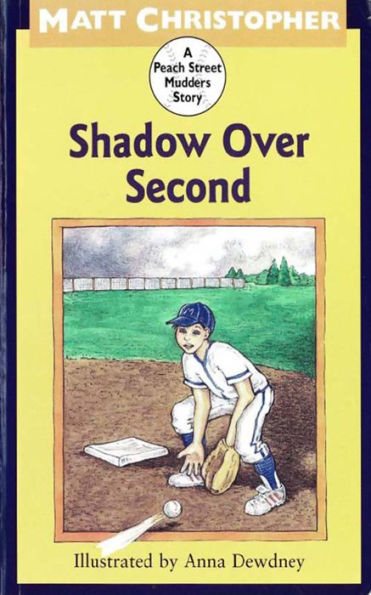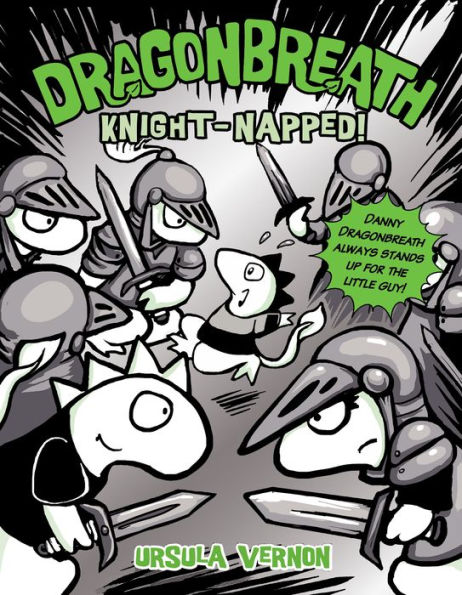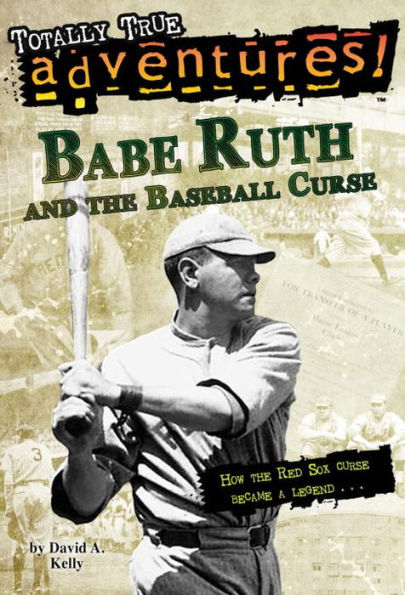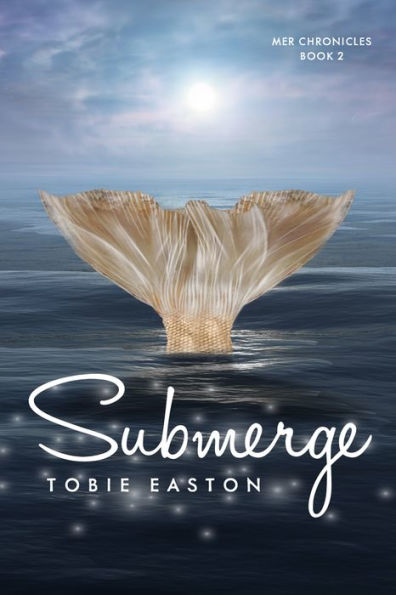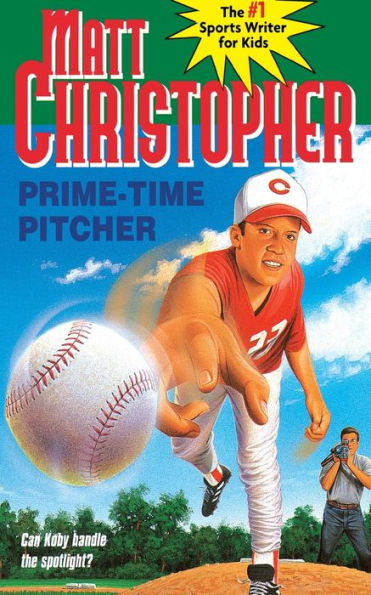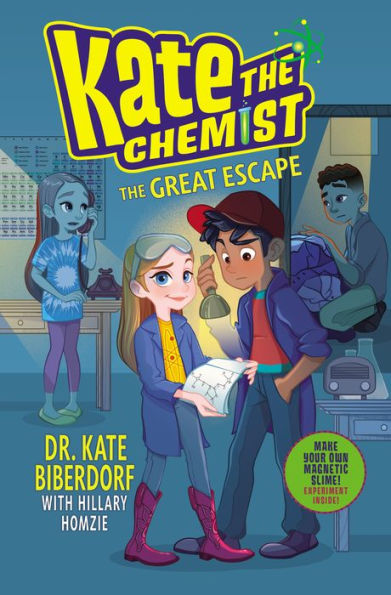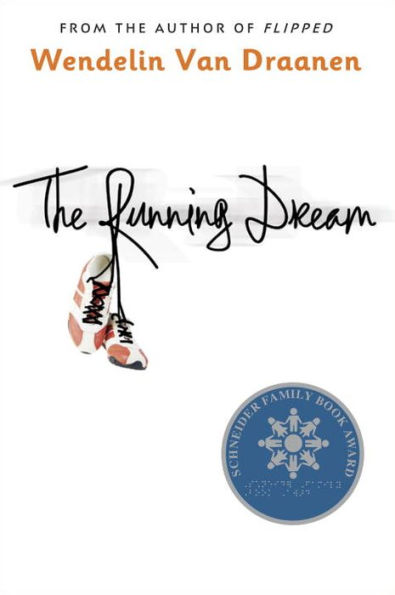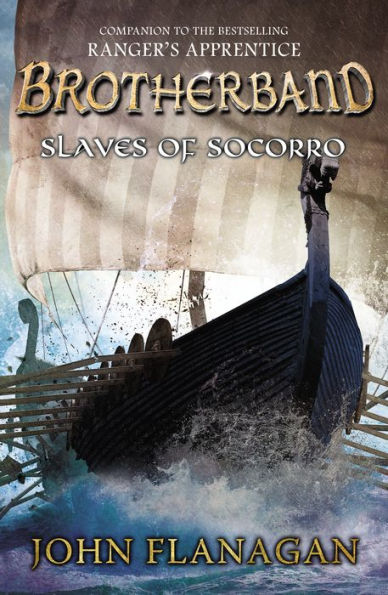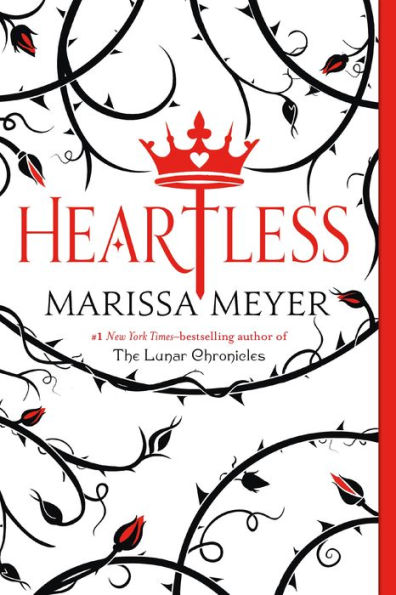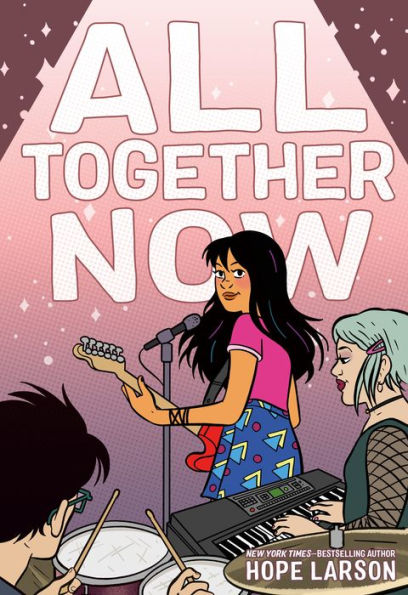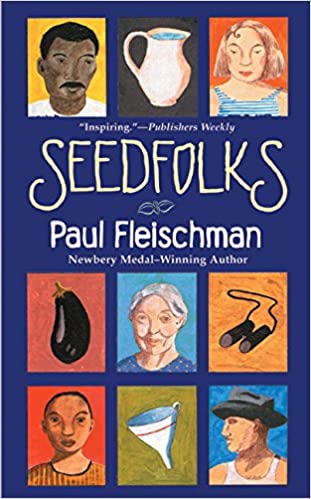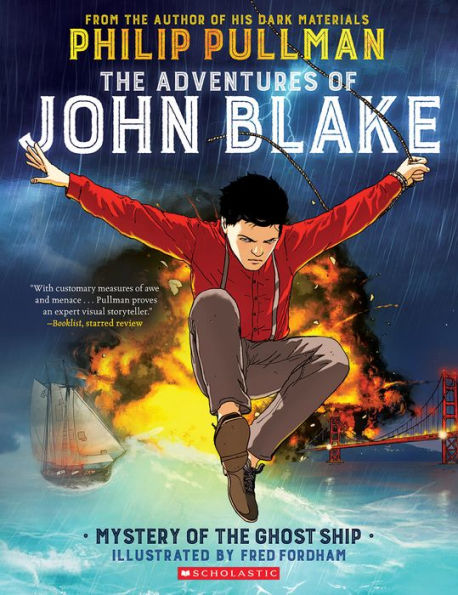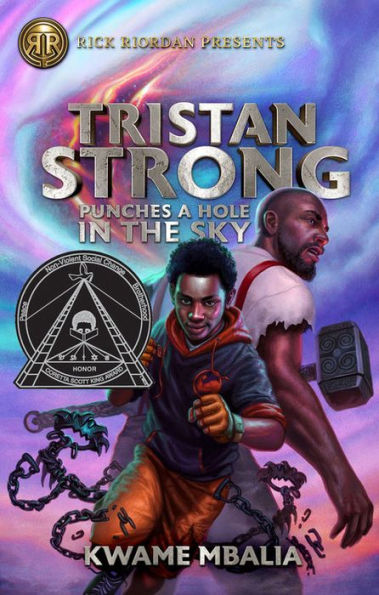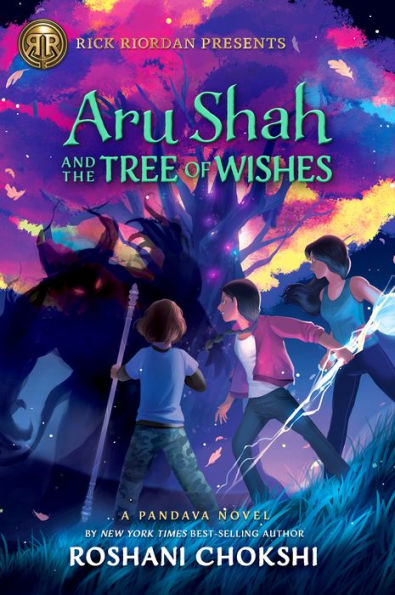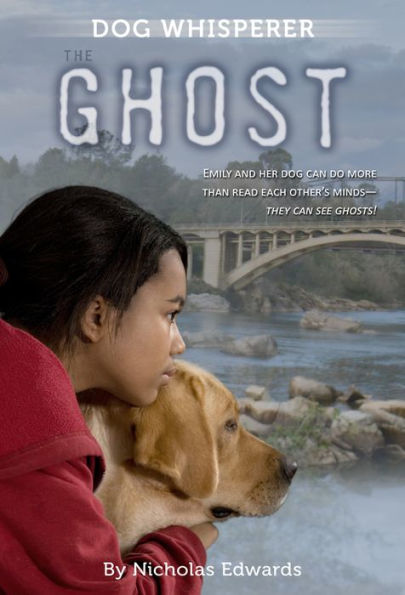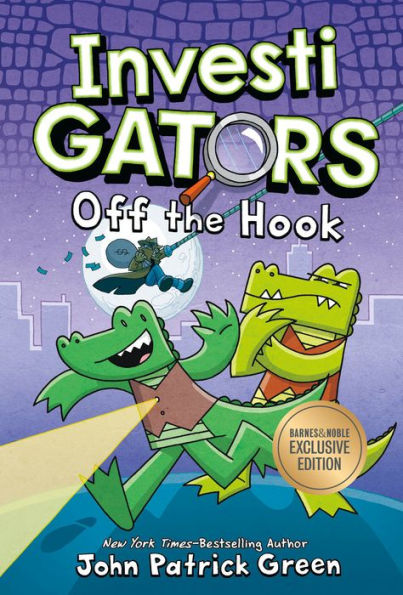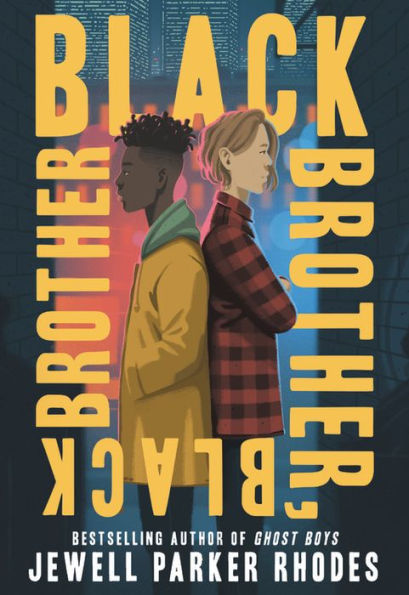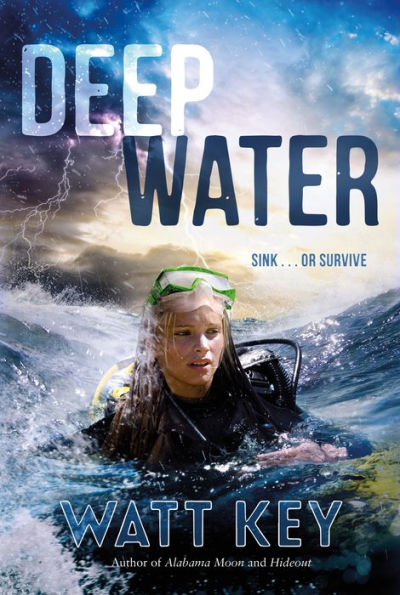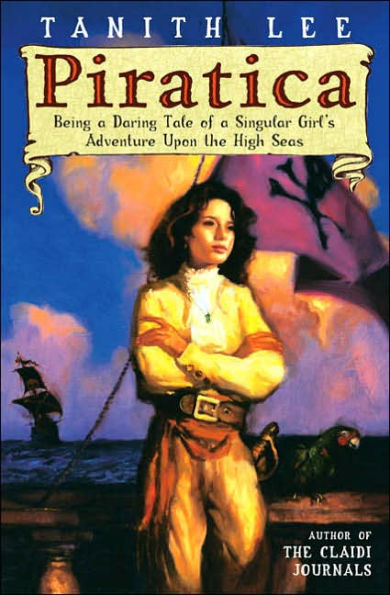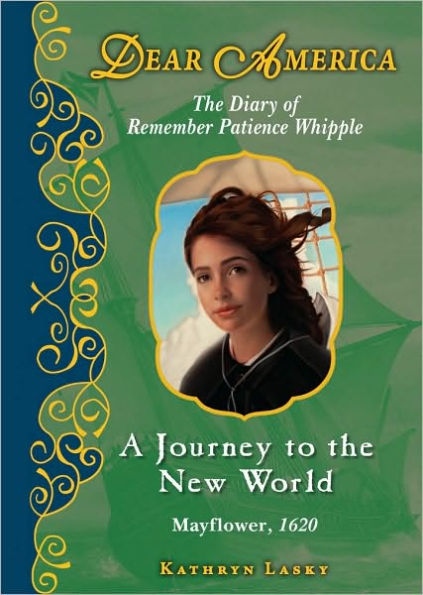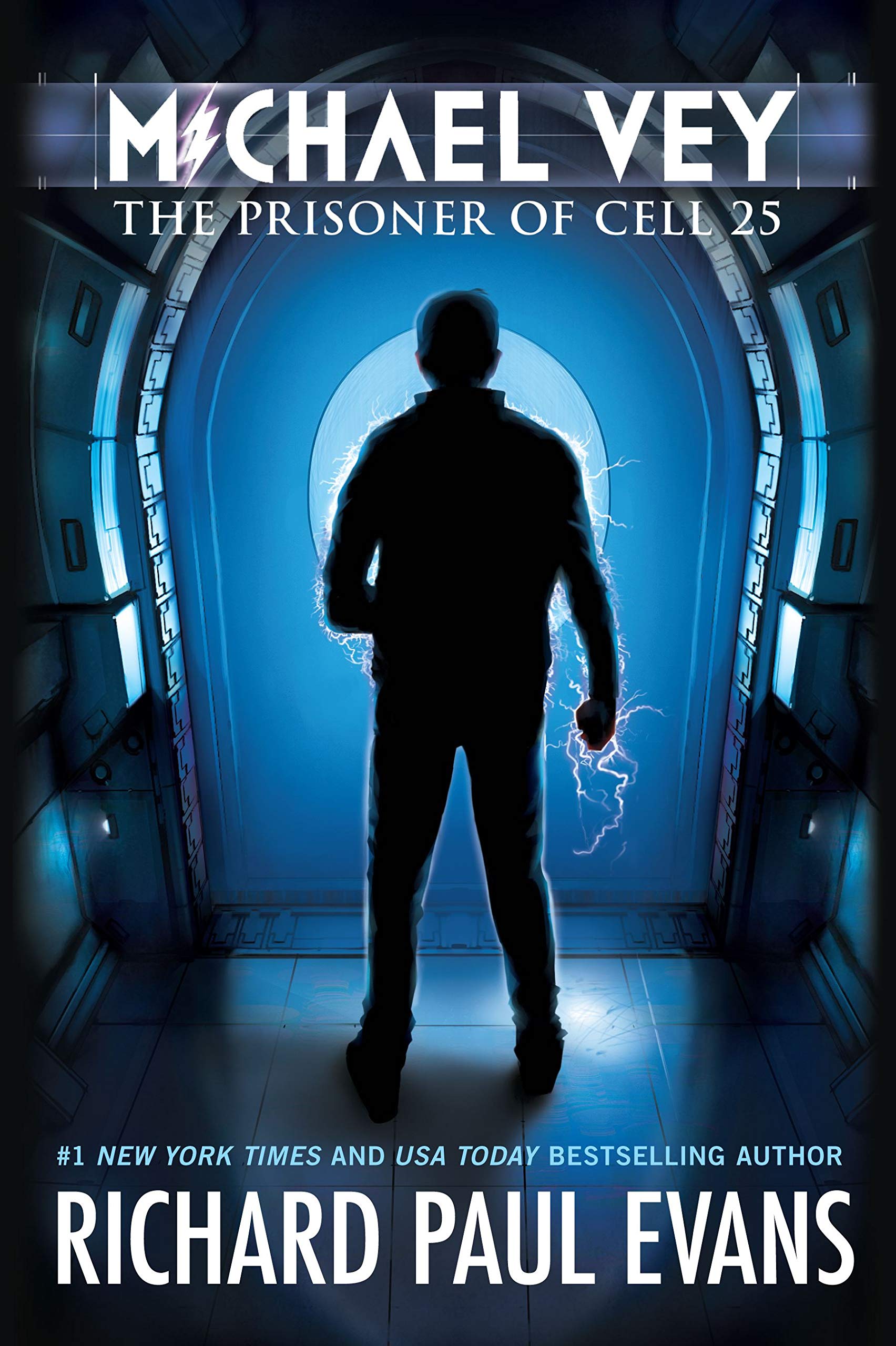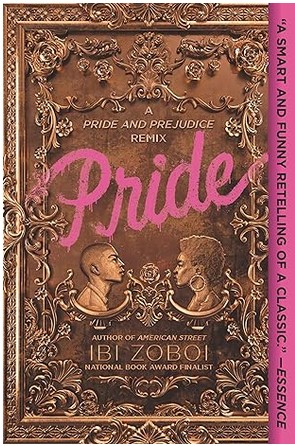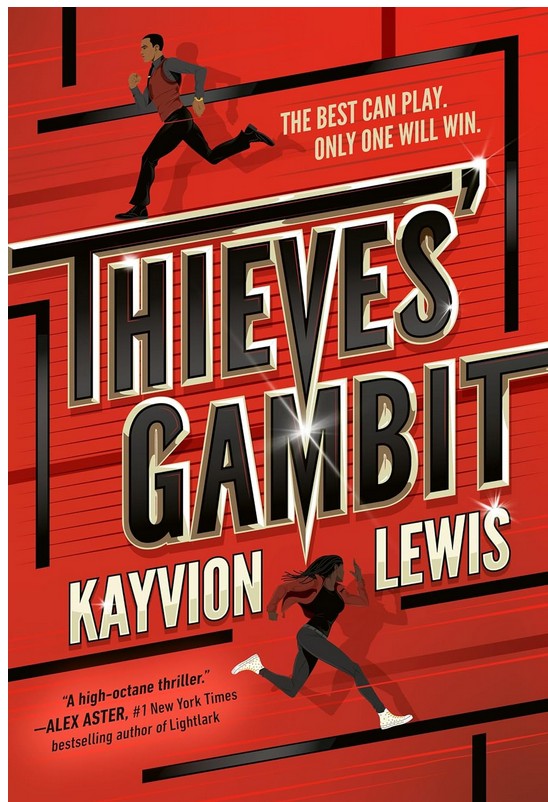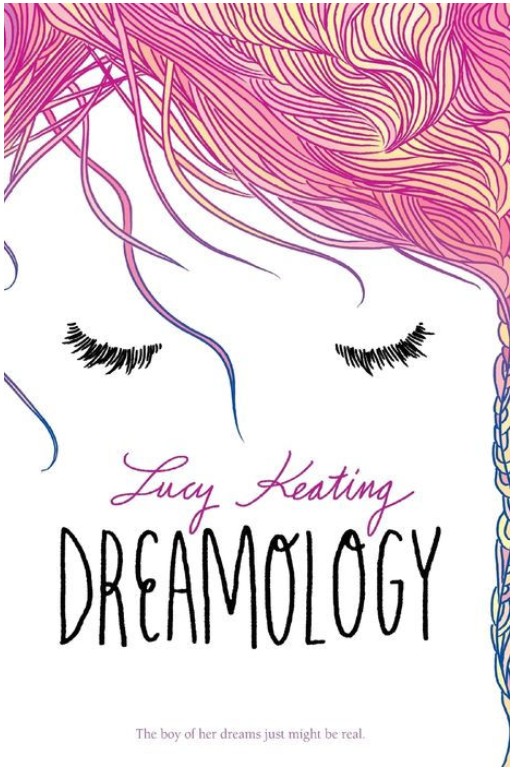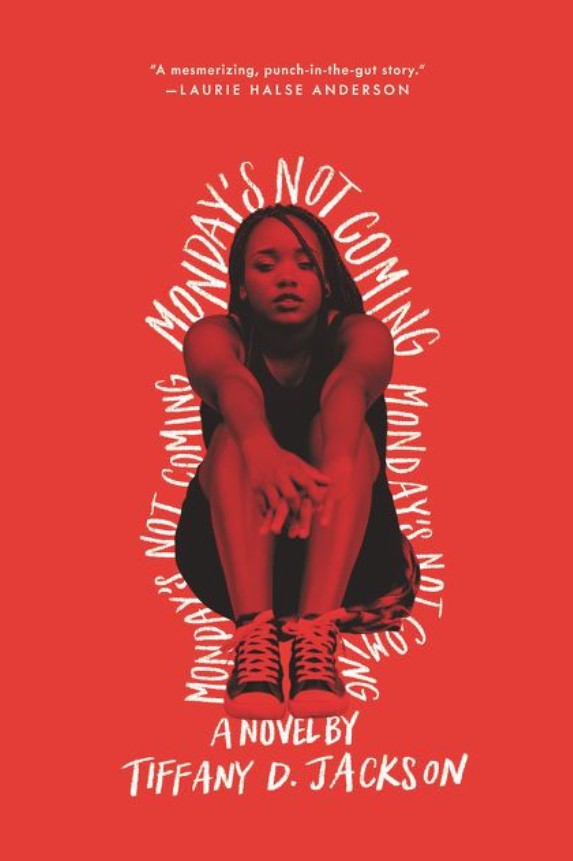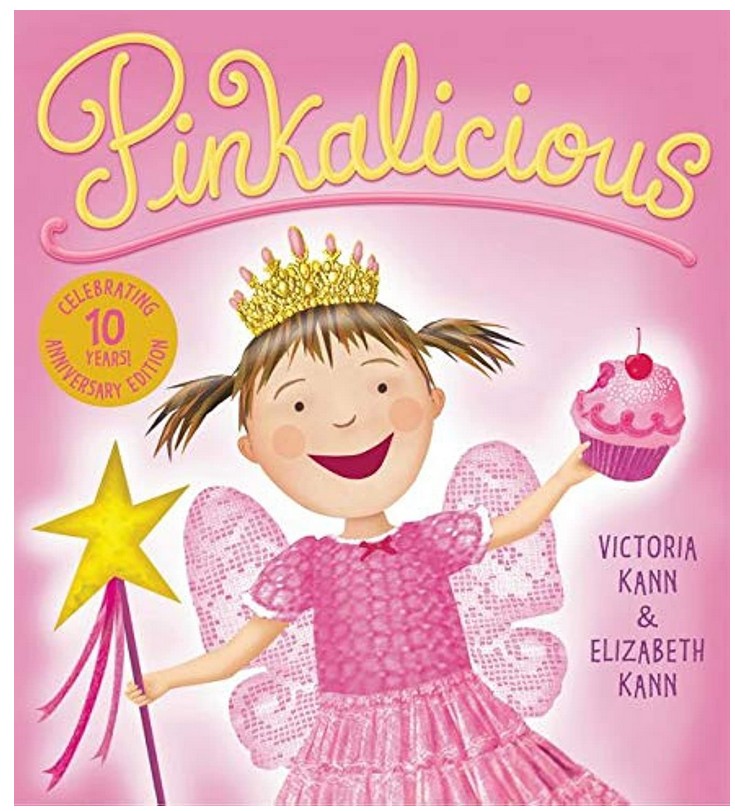War between the devas and the demons is imminent, and the Otherworld is on high alert. Fourteen-year-old Aru Shah and her friends are sent on a mission to rescue two “targets,” one of whom is about to utter a prophecy that could mean the difference between victory and defeat. It turns out that the targets, a pair of twins, are the newest Pandava sisters, though the prophecy says one sister is not true.
When the Pandavas fail to prevent the prophecy from reaching the Sleeper’s ears, the heavenly attendants ask them to step aside. Aru believes the only way to put the shine back on their brand is to find the Kalpavriksha, the wish-granting tree that came out of the Ocean of Milk when it was churned. If she can reach it before the Sleeper, perhaps she can turn everything around with one wish.
Aru Shah and the Tree of Wishes brings India’s mythology to life in an engaging and suspenseful story that pits good against evil. Readers will meet the constellations, Saturn, a dismembered crocodile, and other deities. As Aru, her Pandava sisters, Aiden, and Rudy (a prince) try to stop the Sleeper from winning a war, they travel through the skies (literally) in a fast-paced adventure that is at times heart-stoppingly suspenseful as well as mixed with humor and heart.
Two new Pandava sisters enter the scene, but they play a secondary role. However, readers will enjoy Nikita’s fashion sense as well as her ability to make plants grow into weapons. Her sister, Sheela, adds interest because of her ability to tell prophecies. Even though the two sisters do not have a starring role, their inclusion adds several fun elements to the story. Because of the large cast of characters and their backstories, Aru Shah and the Tree of Wishes should only be read after the first two installments of the series.
Each one of Aru’s group has family issues that make them feel unworthy; some of them also feel unloved. Because Aru’s father gave up his family and became the Sleeper, Aru feels “a terrible ache of loss” as well as a “confusing mix of anger and pity and pain.” While the story explores the hurt of being unloved by a parent, it doesn’t offer platitudes to explain away the pain. By the end of the story, Aru is full of rage, which will leave readers wondering what will happen next.
Even though the characters fight several battles, many of them are won through optical illusions. While the battle scenes are suspenseful, the descriptions are never bloody or gory. While the story is appropriate for younger readers, the complicated plot, large cast of characters, and the mythological gods, goddesses, and monsters make the story best for strong readers.
Anyone who enjoys an excellent adventure should read Aru Shah and the Tree of Wishes. Aru and her friends are relatable characters who are willing to enter dangerous situations in order to defeat the Sleeper. The ending doesn’t wrap up any story threads but ends with a surprise twist and a cliffhanger that will have readers reaching for the next book in the series, Aru Shah and the City of Gold.
Sexual Content
- Aru and her friends are sprinkled with “glittering dust” that “forces out secrets.” Rudy yells, “I’ve never kissed a girl. Once I practiced on a gem, but I choked on it!”
Violence
- A rakshasa is a demon “with the body of a man and the head of a bull.” The rakshasa tries to take a girl. Aru and Mini attempt to stop the demon, and “he flung out his other hand, and an S-shaped piece of onyx came hurtling toward Aru. The weapon writhed as it flew, emitting shadows that obscured her vision.” A shadow “wrapped itself around Mini’s ankle while another slipped under her sneakers, trying to dislodge her show suckers.”
- During the attack, the girl is on a Ferris wheel. Using magic, Mini makes the Ferris wheel turn, “slowly, then fast and even faster until its lights blurred. . . The rakshasa’s grip loosened and he tumbled, his bull head knocking against the metal spokes as he dropped from one rung to the next.”
- When the rakshasa tried to open the door of the Ferris wheel, Aru “let loose. Electricity rippled around the door. . . He howled as a surge of lightning shot through his arm, sending him crumpling to his knees.” Someone trips the demon who “let out a terrifying roar right before he knocked his head on a telephone pole and promptly passes out.” The demon battle is described over six pages.
- While going over the Yamuna River, Aiden, Brynne, and Rudy drink the water. Later, Aru and Mini see their friends in the river water “swirling in a tight knot, their heads dipping in and out of the water. . . In fact, they seemed, well . . . dead.” Mini saves Aiden, Brynne, and Rudy. However, the goddess erases Aru’s mind so no one knows that Mini saved them all.
- Two yali try to kill Aru and her friends. “The second yali lunged at them, trying to reach the pillar.” Bryn creates wind that “roared through the air, and the creature hit a pile of stones with a hard thud.” Aru and the others, including the yali, all live. Their bartering and fighting is described over 7 pages.
- The king of the birds orders the birds to attack Aru and her group. Aru cast a lightning bolt that transformed into a net. A swath of birds is caught in mid-flight. They squawked as they dropped to the forest floor, squirming beneath the mesh.
- During the battle against the birds, “Aru, Brynne, and Aiden channeled everything they could at the flock—concentrated tornadoes, winnowing electrified blades, and bolts of lightning. When a large percentage of the birds had fallen away, Mini replaced the veil of invisibility with a violet shield.” The force field gives the other birds a “powerful conk to the head.” The fight is described over 6 pages.
- When Saturn looks directly at something it bursts into flames. When he was looking for a beetle, “his gaze went everywhere at once. One glance and a palm tree hissed as it went up in flames. One blink and the pit of broken musical instruments burst into flames, filling the air with the twanging of popped guitar strings.” No one is injured.
- A plant bites Aru’s finger.
- The story ends in a multi-chapter battle. While trying to save Sheela, an invisible enemy threatens the group. “Aiden raised his scimitars only for something to hurl him backward, slamming him against a boulder.” The group attempt to defend themselves. “Nikita spread out her arms, and the fence of roots and thorns exploded outward. Something yelled in pain.”
- When they find Sheela, she “appeared, gagged with a shadow and bound with silvery ropes. Her eyes looked frantic, but she held up her chin.”
- When a pair of naga try to “snake toward the group,” Rudy “borrowed one of Aiden’s scimitars and skewered the ends of their tails to the ground. They screamed and hissed, coiling back on themselves.”
- Trying to protect herself and her friends, “Nikita slammed her palms together. Roses of every size and color cascaded down her body like a ball grown unfurling. Their branches reached for the shadows and grew around the Sleeper, trapping him in a net of thorns.”
Drugs and Alcohol
Language
- “Oh my gods” and “Oh gods” are both used as an exclamation once.
- While on a bridge over the Yamuna River, Aru thought, “Gods, she was thirsty.”
- Heck is used twice.
Supernatural
- Magic is used often. For example, after catching several rakshasas, Aru and her friends decide to take them to the Court of the Sky. In order to restrain them, Nikita “stretched out her hand and green light radiated from her fingertips. The sidewalk trembled as weeds between the cracks grew taller, multiplied, and spread outward until they had formed four rectangular cushions on the ground. . . Vines snaked out from Nikita’s tiara and grew several feet long before they snapped off and wound around each of the rakshasas, binding them tight.”
- Aru is given a key that will unlock all things. The key is “in a sense, alive, and it might demand something in return for its services.”
- Nikita and the other Pandavas meet in each other’s dreams.
- While crossing the Yamuna River, the river “called to her like a lullaby” making Aru desperately thirsty for its waters. While there, Aru and Mini meet the goddess of the river whose “long black hair was pinned back with fish teeth and dotted with pearls. Around her neck and wrists she wore writhing snakes brighter than any jewels.”
- Nakita makes clothes with magical elements. She makes Aru pants “where the coiled-up sticky threads were disguised as embroidery.”
- Aru finds a jewel that is “a receptacle for thoughts, emotions, memories.” The jewel shows Aru her father’s memories. When the stone is pressed on, “something like a hologram emerged from the jewel, rending an eerie sequence of scenes in front of them.”
Spiritual Content
- Aru is the daughter of thunder and lightning.
- Aru and the other Pandavas are reincarnated. Nikita and her twin are “the reincarnations of Nakula and Sahadeva, the brothers famous for their beauty, archery and equestrian skills, and wisdom.”
